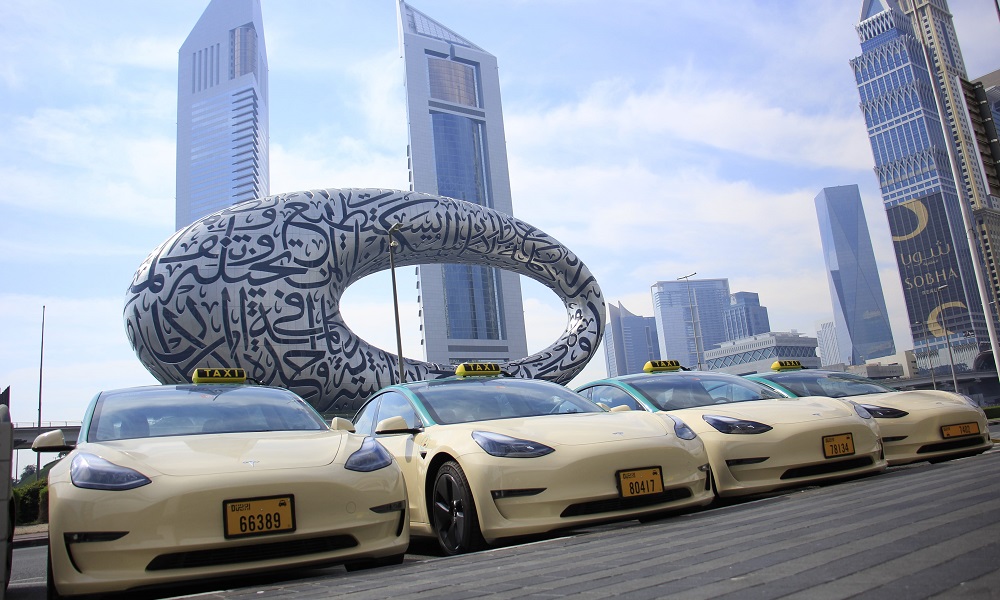Dubai’s Roads and Transport Authority (RTA) has rolled out its ‘Zero-Emissions Public Transportation in Dubai 2050’ strategy, which makes it the first Middle Eastern agency to develop a long-term strategy for migrating towards Net-Zero Emission Public Transport by 2050.
With this strategy, RTA aims to contribute to mitigating climate change and minimise its carbon footprint across three areas: public transportation, buildings and related facilities, and waste management.
The new strategy is aligned with UAE’s preparations for COP28 and the UAE Net Zero by 2050 Strategic Initiative, and is a part of RTA’s ongoing efforts to advance sustainability maturity levels in roads and transportation and achieve global leadership in sustainable mobility. It seeks to bolster the flexibility of public transport infrastructure and its impact on climate change in line with the UAE Net Zero by 2050 Strategic Initiative, transitioning from pledges to tangible achievements.
Consistent with the goal of the Dubai Economic Agenda D33 to consolidate the emirate’s status as one of the world’s top urban economies, RTA’s new strategy aims to achieve multiple objectives over the coming years.
The primary objectives include the decarbonisation of all taxis, limousines, and public buses, designing buildings with near-zero energy consumption, sourcing energy from renewable sources, and eliminating municipal waste by sending zero waste to landfills. The strategy will result in reducing carbon dioxide emissions by 10 million tonnes and realising financial savings worth AED3.3 billion in comparison to current operations.
Mattar Al Tayer, Director-General and Chairman of the Board of Executive Directors, RTA, said, “The new strategy outlines a comprehensive approach to sustainability within RTA. Its primary objective is to enhance sustainability and reduce carbon dioxide emissions. At the same time, it contributes to realising RTA’s mission of achieving global leadership in smooth and sustainable mobility through innovative roads and transport services that elevate the customer experience to world-class standards.
“The new strategy encompasses ten initiatives, covering various RTA sectors and agencies, in addition to partnerships with the private sector that contribute to implementing the strategy over five years. The strategy will review, adjust and align future goals with changing circumstances.
“Under the theme ‘Zero-Emissions Public Transportation in Dubai 2050’, the strategy is aligned with the UAE’s commitments to environmental and sustainability goals at global, national and local levels such as the Paris Climate Agreement and the United Nations Sustainable Development Goals. It is also consistent with national strategies such as the UAE Net Zero 2050 Strategic Initiative, The UAE’s Green Agenda – 2030, National Climate Change Plan of the UAE 2050 and the UAE Energy Strategy 2050.
“The strategy is also linked to local initiatives, such as Dubai Carbon Abatement Strategy 2030, the Clean Energy Strategy 2050, Dubai Demand Side Management Strategy 2030, the waste management plan in Dubai, Dubai Climate Change Adaptation Strategy, and other relevant strategies, agreements and initiatives,” Al Tayer added.
RTA’s Board of Executive Directors reflected on various aspects, opportunities, and challenges associated with the new strategy and its implementation. These include the costs of novel green technologies, the distribution of targets and their review over time, the importance of the availability of energy technology providers, particularly for electric buses and hydrogen fuel production stations, and other factors that contribute to the execution of the new strategy.



